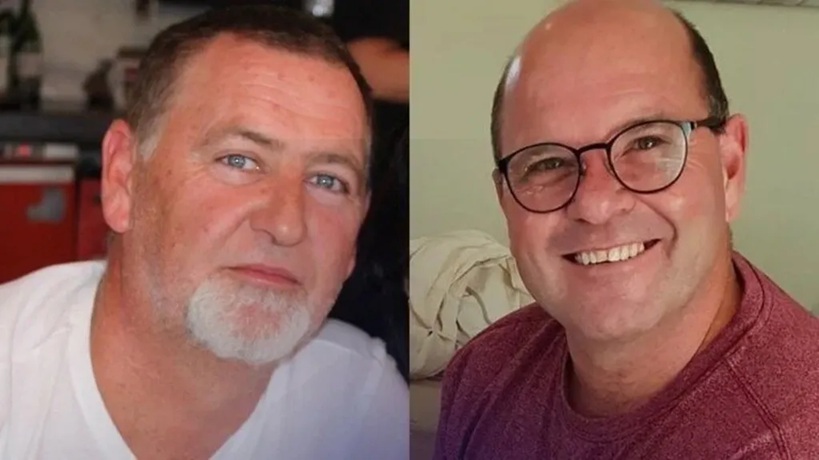Two South African engineers, Frik Potgieter and Peter Huxham, have returned home after spending more than two years in a prison in Equatorial Guinea. The pair had been detained since February 2023 on what the United Nations described as “arbitrary and illegal” drug charges. Their release followed sustained pressure from the South African government and their families, and they were eventually granted a presidential pardon.
Potgieter and Huxham were arrested at an airport in Equatorial Guinea after drugs were allegedly found in their luggage. Both men, who were employed by the Dutch oil services company SBM Offshore, were convicted and handed 12-year sentences along with a hefty $5 million fine.
Their families and supporters, however, maintain the charges were politically motivated. They claim the engineers were arrested in direct retaliation for South Africa’s seizure of luxury assets belonging to Equatorial Guinea’s Vice-President, Teodoro Nguema Obiang Mangue, just days before their arrest. Obiang is well known internationally for his lavish lifestyle and has previously faced corruption and money laundering charges in several countries.
Human rights organisations and legal experts described the engineers’ trial as deeply flawed, citing the lack of due process, evidence tampering, and political interference. The United Nations Working Group on Arbitrary Detention formally declared their imprisonment as unlawful, adding pressure on Equatorial Guinea to release the two South Africans.
While in prison, the engineers reportedly faced harsh conditions and had limited access to legal representation or medical care. Their families campaigned tirelessly for their release, with support from South African diplomats, legal teams, and civil society groups.
The breakthrough came after months of behind-the-scenes negotiations led by South African officials. It is understood that Pretoria engaged in diplomatic discussions with the government of Equatorial Guinea, appealing for clemency on humanitarian and legal grounds.
Following their release, Potgieter and Huxham returned to South Africa earlier this month. They were welcomed by relieved family members and government representatives at OR Tambo International Airport. Speaking briefly to local media, their families expressed gratitude for the support they received and called for further accountability for what they described as a “hostage-style” detention.
Legal experts have raised concerns about the implications of the case for international workers and businesspeople operating in politically sensitive environments. “This case is a stark reminder that geopolitics can directly affect individuals, especially in countries with limited judicial independence,” said one international human rights lawyer.
There has been no official comment from Equatorial Guinea on the claims of retaliation. However, the presidential pardon came just weeks after renewed calls from the African Union and other international actors for the country to improve its human rights record and respect legal norms.
The case has highlighted the delicate balance South Africa must strike in defending its citizens abroad while managing diplomatic ties, especially in regions where legal systems are not transparent or are vulnerable to political manipulation.
Potgieter and Huxham are now expected to undergo medical assessments and psychological counselling to recover from their ordeal. Their legal teams are also reviewing possible avenues for compensation or further action through international human rights courts.
